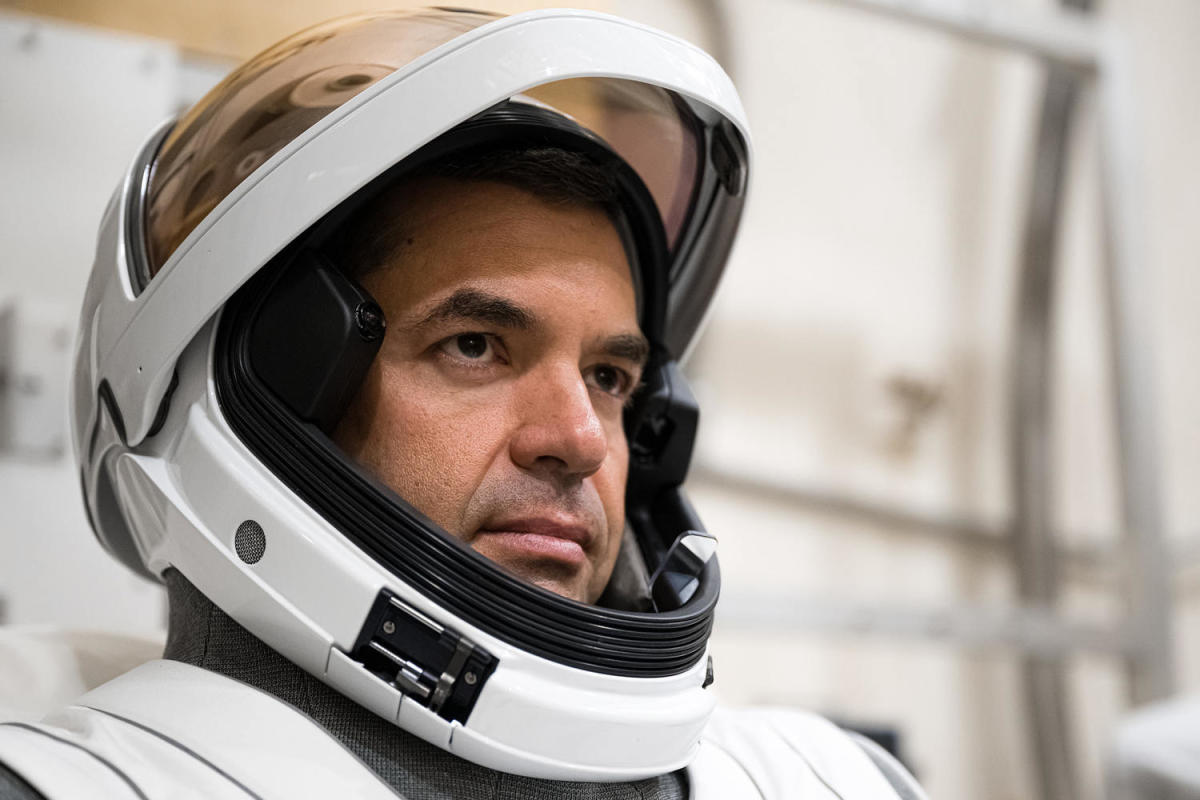With Elon Musk leaving the Trump administration, DOGE is entering a new phase.
Now, it's going to be up to Congress to pass bills to codify spending cuts into law.
It's not going to be easy.
For the first several months of President Donald Trump's second term, DOGE seemed like an unstoppable force. Now, political gravity is about to kick in.
Though he says he'll still be in Washington here and there, Elon Musk is ending his time as an official White House employee. Meanwhile, the Trump administration is preparing to formally ask Congress to begin codifying some of the cuts DOGE has already made — a process that's far from certain to succeed.
It all amounts to a new phase for DOGE, one where the swift and disruptive action of Trump's first few months will give way to the delays, gridlock, and possibility of failure that come with trying to pass bills through Congress.
"The DOGE team has done incredible work," Musk said during a recent appearance at the Qatar Economic Forum. "But the magnitude of the savings is proportionate to the support we get from Congress and from the executive branch of the government in general."
The first task for Republicans is passing $9.4 billion in cuts that the White House plans to send to Congress on Tuesday. That so-called "rescission" package, which rescinds funding previously approved by the legislative branch, includes $8.3 billion in cuts to foreign aid and $1.1 billion in cuts to the Corporation for Public Broadcasting, the government-backed entity that funds NPR and PBS.
Symbolically, it's a big deal. Republicans have been clamoring to cut federal funding to NPR and PBS for months, and the House DOGE subcommittee held a hearing on the issue in March. There's also been growing frustration on the right that DOGE cuts haven't come sooner, with some lawmakers arguing that they should be regularly voting to codify spending cuts.
"We should have been voting on DOGE cuts every single week," Republican Rep. Marjorie Taylor Greene of Georgia wrote on X on Monday.
Numerically, however, the $9.4 billion package is minuscule. It's less than half of one percent of the $2 trillion that Musk once envisioned cutting, and it's only about 6% of the $160 billion that Musk says DOGE has cut already.
And despite GOP control of both the House and the Senate, it's not guaranteed to pass. All it would take is a handful of Republicans to derail the effort, and when Trump tried to pass a $15 billion recession package in his first term, it failed in the Senate.
There's already at least one GOP senator who's likely to vote against it: Republican Sen. Lisa Murkowski of Alaska, who recently wrote an op-ed opposing cuts to public broadcasting funding.
A White House official told BI that the $9.4 billion in cuts — only the second time a president has sent a rescission package to Congress since 2000 — is an indication of the administration's commitment to following through on DOGE's work. The official also expressed optimism that the package would pass and that more rescissions would come in the future.
While there may be more rescissions down the line, much of the DOGE cuts are likely to be made in the coming government funding process, which Congress will have to wrap up before funding runs out at the end of September.
House Speaker Mike Johnson said as much in a post on X on Wednesday, adding that the House is "eager and ready to act on DOGE's findings so we can deliver even more cuts to big government."
That will be even harder than passing stand-alone DOGE cuts. While rescission packages only require a simple majority in both chambers to pass, government funding is generally a bipartisan process — one that Democrats have the power to block entirely in the Senate via the 60-vote filibuster rule.
Democrats let a government funding bill pass the Senate in March despite their misgivings about DOGE at the time. That led to intense backlash from the Democratic base, which has helped fuel primary challenges and calls for generational change. It's unclear that enough Democrats will be willing to do the same thing again in September.
Meanwhile, Republicans are making their own job harder with their "Big Beautiful Bill," a sprawling piece of legislation that, in its current form, would increase the deficit by trillions of dollars over the next decade.
Musk made his dissatisfaction with that bill clear in a recent interview, saying it "undermines" the work that DOGE has been doing by increasing the deficit and debt.
"I think a bill can be big, or it could be beautiful," Musk said. 'I don't know if it could be both."
Read the original article on Business Insider

 German (DE)
German (DE)  English (US)
English (US)  Spanish (ES)
Spanish (ES)  French (FR)
French (FR)  Hindi (IN)
Hindi (IN)  Italian (IT)
Italian (IT)  Russian (RU)
Russian (RU) 























Comments